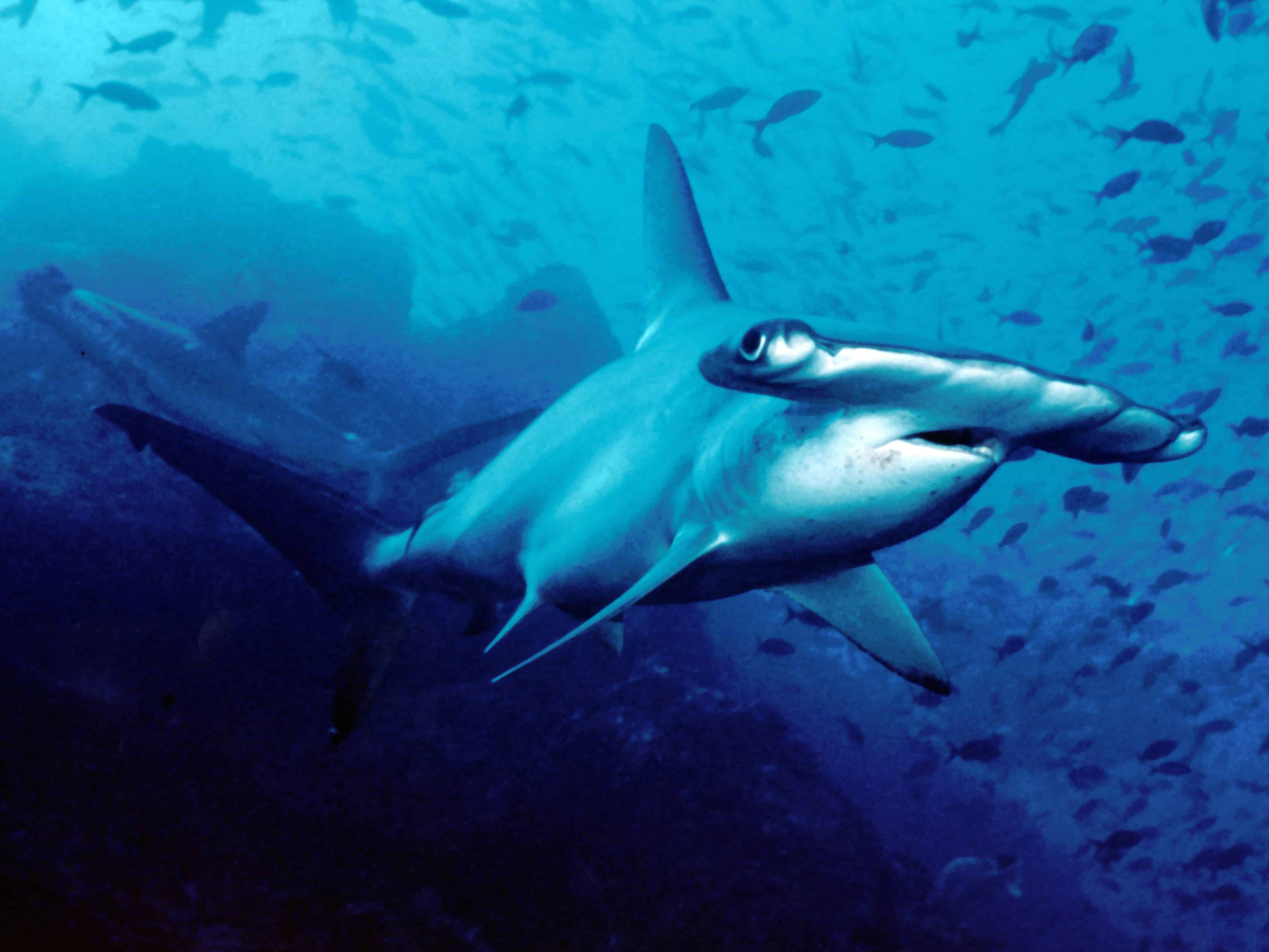Costa Rica’s Environment Ministry on Tuesday issued a decree suspending for six months the issuance of permits to export hammerhead shark fins following an outcry from environmentalists who charged the government with violating the spirit of international agreements aimed at protecting the endangered species.
The executive president of the Environment Ministry’s National System of Conservation Areas (SINAC), Julio Jurado – also a board member of The Tico Times – said that SINAC would not issue additional export permits for shark fins until criteria are defined that ensure potential exports will not further endanger the marine animals, a process that could take up to six months.
See related: Environmentalists demand Costa Rica block exportation of hammerhead shark fins
That criteria, he said, will include a report to determine whether the commercial exploitation of hammerhead sharks is possible without further threatening the species’s survival. The government’s official position will be based on that report.
The hammerhead shark is included in Appendix II of the Convention on International Trade in Endangered Species of Wild Fauna and Flora (CITES), and Costa Rica was one of the most influential voices promoting its inclusion on the list.
However, on Feb. 16 SINAC authorized the company Smalley Development S.A. to export hammerhead fins, sparking a controversy that quickly spread on social media and culminated in a signature drive targeting President Luis Guillermo Solís and his administration.
Costa Rica’s Oceanography Institute then filed a complaint with the Comptroller General’s Office arguing that SINAC had authorized the export of shark fins, which they said is prohibited by legislation.
Environment Minister Edgar Gutiérrez, however, rejected the argument by environmental groups and clarified that the administration had not authorized the practice of shark finning, which consists of cutting and removing a shark’s lucrative fins while the animal is still alive and then tossing the animal overboard to die.
Experts say the practice of shark finning – driven by Asia’s demand for shark fin soup – has decimated shark populations worldwide, bringing several species to the brink of extinction.
For several years, Costa Rica served as a hub for the brutal trade, until laws were finally passed outlawing the practice.
Gutiérrez said SINAC only had authorized shipments of fins that had been landed with the fins still attached to the bodies, in line with Costa Rican law. The sharks had been captured as bycatch in the fishing industry, he added.

